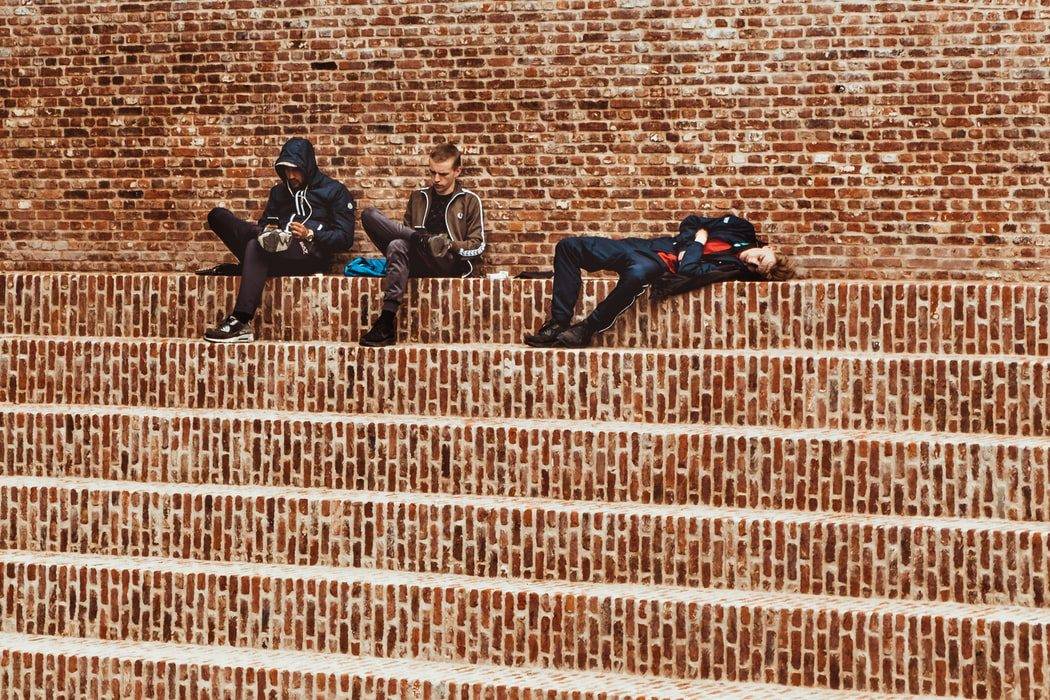Liquor Businesses Are Having A Hangover From South Africa’s Booze Ban

When one has too much alcohol, it remains in the system for up to the next 72 hours. But, in this case, excess liquor isn’t the problem. Only a shortage of it brewed by a two-time embargo on alcoholic beverages. So far, South Africa’s booze ban appears to have done more harm than good, and some businesses cannot afford to stagger out of the crossfire.
Beds Over Booze
The aim of South Africa’s booze ban is simple: make people stay away from liquor to free up hospital beds needed to cater to coronavirus patients in the country. Judging from the facts that the World Health Organization (WHO) warns to abstain from alcohol consumption during lockdowns and that South Africa has a longstanding alcohol abuse problem, the ban is just about right.
Instituted, lifted, and instituted for a second, indefinite period, the goal is to reduce booze-related hospital admissions while spiking Covid=19 cases exert strain on the country’s healthcare system.
In June, after the embargo was lifted, South Africa’s trauma cases spiked all too soon. Hospital beds were filled by victims of car accidents, gender-based violence, and other forms of domestic mishap. The crescendo of South Africa’s pandemic is only expected in September.
With fears of as much as 50,000 Covid-19-related deaths, the urgent need to free up as many beds as possible cannot be overemphasized. Rapidly increasing cases have made the country a pandemic hotspot across the world, ranked 9th most affected by Johns Hopkins University.
South Africa has reported increases of over 10,000 cases for several days. The most recent daily tally went up to almost 13,500. According to the Africa Centers for Disease Control and Prevention, the country now accounts for about 40 percent of all the confirmed cases in Africa, with 298,292, including 4,346 fatalities.
25 percent of the deaths recorded occurred in one recent week. South Africa’s booze ban was defended by the Department of Health who released a study that revealed reduced trauma cases by as much as half inside the strict lockdown periods.
Comes At A Cost
Distell, one of Africa’s best-known producers of spirits, fine wines, and ciders, has been directly affected by South Africa’s booze ban. The Lagos-headquartered firm’s shares tumbled on the Johannesburg Stock Exchange (JSE) after the Ramaphosa-led government re-imposed the ban on alcohol and transportation sales at the beginning of this week.
Distell fell more than 6 percent during early trade but closed 3.58 percent lower at ZAR 75.12 on Africa’s biggest stock exchange. Comparingly, it closes at ZAR 77.91 on Friday last week, about 2 days before the ban was reinstated. Meanwhile, AB InBev closed 0.12 percent lower at ZAR 887.67 on JSE after the ban came back.
The liquor industry in South Africa has been in some kind of limbo. The body, which accounts for Heineken, Distell, AB InBev, and others, has been upfront with their complaints, chief of which is that the ban has severe economic effects that place hundreds of thousands of livelihoods at stake.
According to the body, the hardest-hit are the substantial numbers of smaller retailers and taverners. To paint a clear picture, the industry reveals that it lost over 117,000 jobs and USD 1.1 Bn in revenue because of the booze ban. Case in point, Distell’s revenues contracted by 15.4 percent and its volumes eased by 23.3 percent during to year to end June, compared to the previous year.
South Africa’s alcohol industry is in a dire situation, one that is amidst an already receding economy. The country’s economy contracted for 3 consecutive quarters to the end of March. What’s worse, between April and June, when the nation has the strictest lockdown, the South African Reserve Bank forecasts a GDP (Gross Domestic Product) contraction of 30 percent.
Tavern owners appear to be the most affected, with limited financial support from the government and nearly no hopes of making incomes in the foreseeable future due to the ban. When the embargo was first lifted, pub owners in townships were allowed to convert into drink outlets, but the reinstatement came without notice or consultation.
Hanging Over
A spokesperson for Distel revealed that the liquor maker hoped that demand for alcohol would go back to normal levels after the ban was lifted. Nevertheless, they did not anticipate the levels of June 2019 when alcohol consumption levels were at an all-time high. According to Distell, it expects that there will be a surplus of 240 million liters of wine in the industry as a result of South Africa’s booze ban.
Meanwhile, restricting township bars from selling alcohol pushes residents to cover long distances in search of illicitly concocted or sold booze. By now, both businesses and consumers already have a hangover from the up-and-down movement of the alcohol demand-supply curve. To cap it, Africa’s entire liquor market is still trying to find its path.
Apart from this ban, one shouldn’t forget that the affected businesses also have to deal with the direct impact of the coronavirus pandemic on their operations. It is uncertain how the combination of these factors would further affect them going forward, but there is only expectation that things might get a lot worse.
Featured Image By Maria Teneva Via Unsplash